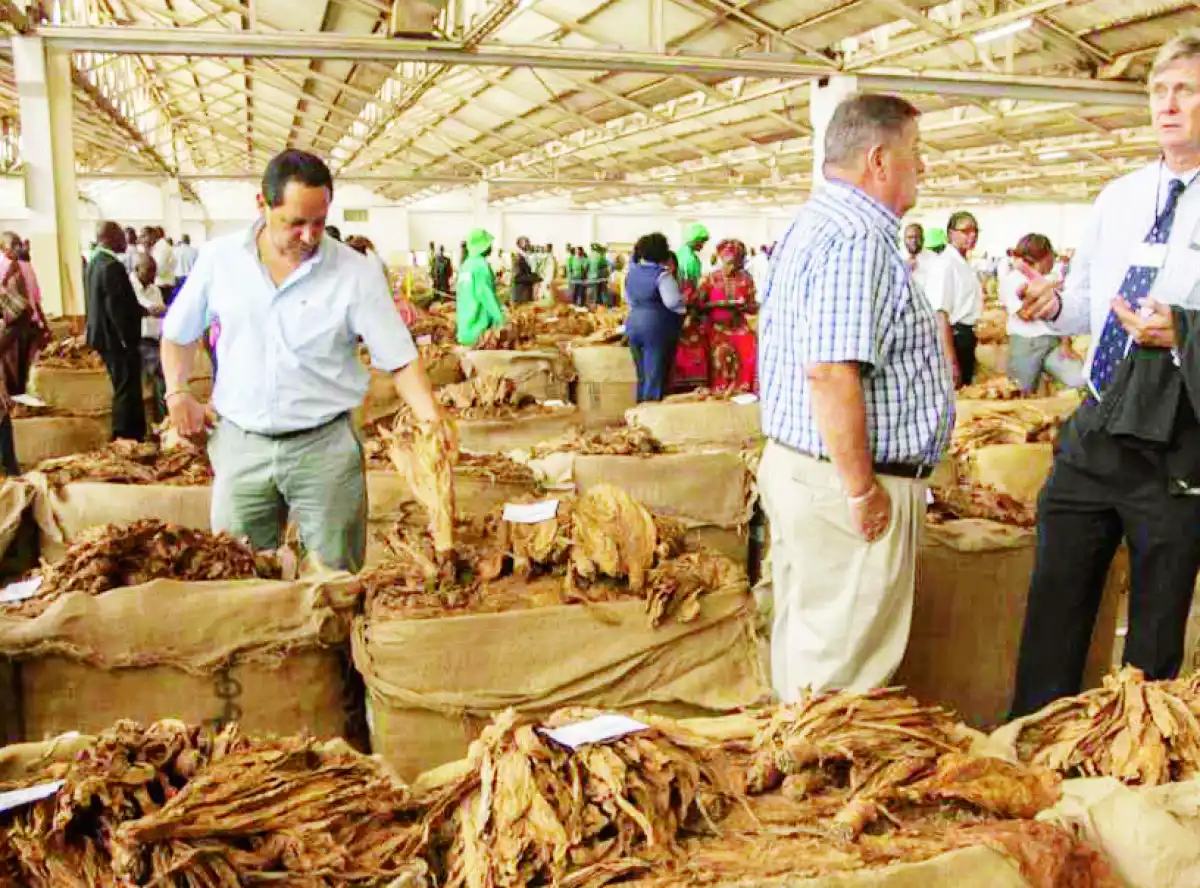
Almost every week, courts in Malawi try persons accused of possession of pangolins.
Section 110 of the National Parks and Wildlife Act makes it a serious offence to possess, sell, buy, transfer or accept any specimen of protected species.
A pangolin is one of the listed protected species.
Once convicted, the courts mete out stiff sentences. This year, Barton Amon was sentenced to eight years imprisonment for being found with a live pangolin.
Pangolins have become the most hunted though there is no known market for the animal in the country.
It has become endangered due to myths and lies cooked by lazy people yearning for easy money. Most suspects are arrested while looking for markets. They carry the pangolin inhumanely, mostly in laptop bags to fool the police that they are carrying computers.
Others put them in sacks.
The moment people realise someone is selling the endangered animal, they alert the police.
According Lilongwe Wildlife Trust (LWT) chief veterinarian Dr Laston Chimaliro, there is no scientific proof that pangolin scales contain any substance for medical purposes.
He argues that pangolin scales contain the same substance as our fingernails.
If pangolin scales can be used for medicine purposes, the same can be said about the fingernails we cut and throw away at will.
However, my peers frequently ask why the government cannot allow people to domesticate the pangolins like others do with rabbits, snakes, reptiles, different birds.
Why not?
While we have constitutional rights, animals too have freedoms.
Animals have five different rights—freedom from hunger and thirst; freedom from discomfort; freedom from pain, injury and disease; freedom to express normal behaviour; and freedom from fear and distress.
Section Three of the Malawi Protection of Animals Act of 1970 protects both domestic and wild animals. All animals enjoy protection of the law in Malawi and their freedom is well enforced!
Domesticating pangolins could violate the freedoms.
The unique creatures are prone to stress when held in captivity.
According to Chimaliro, both Asian and African pangolins are particularly susceptible to stress.
Severe and prolonged stress impacts their mental and physical health, leading to low immunity, stomach ulcers and pneumonia.
For instance, all the male pangolins that underwent post-mortem at LWT had stomach ulcers.
According to Chimaliro, they hate unfamiliar people, smells and low sounds. All these stress them.
As gatherers, pangolins do not like food being brought to them.
They feed on terminates and ants mostly around midnight, so it is unlikely that ordinary people can wake up at midnight to feed them or let them free to find food.
It is unlikely that ordinary Malawians will have the specialised places and skill to raise the pangolins.
It is unlikely that our noisy areas can create or reserve a suitable environment for pangolins.
Above all, pangolins do not like to be held in captivity.
Their freedom against discomfort, pain, injury and disease, fear and distress is absolute. It should be respected at all time.
It is absolutely difficult to domesticate these creatures.
It is impossible to sell the prohibited species since there is no known market globally.
Just leave the pangolins in their natural habitat!. n








0 Comments